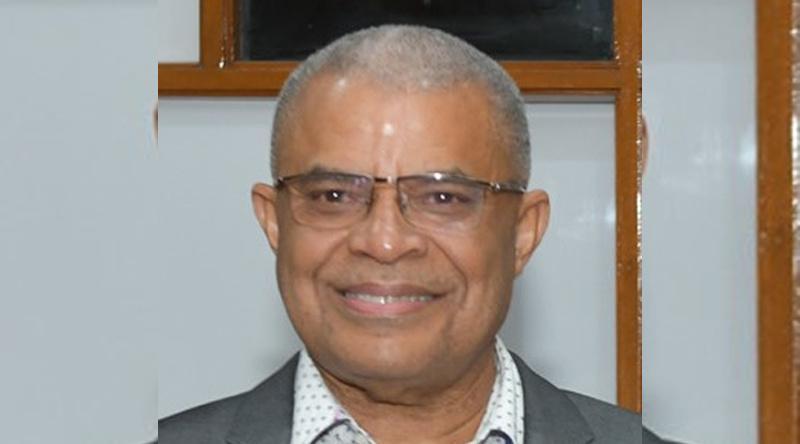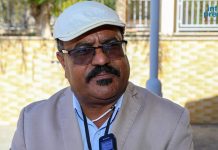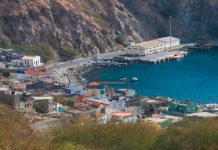
Africa-Press – Cape verde. Researcher and professor Daniel dos Santos considered April 25th to be one of the “most important and memorable” dates in the history of Cape Verde, despite not having fulfilled his promises to the country.
Speaking to Inforpress to provide another perspective on this landmark date, the researcher advanced four points that he considers important in this matter, focusing the first on the fact that he put an end to the Estado Novo, an authoritarian political regime, which was in force from 1933, year of approval of Salazar’s Constitution, on April 25, 1974, the day on which young captains triggered the “Carnation Revolution”.
The second, from his point of view, was due to the date having opened doors for the eventual democratization of Cape Verde, however, as he explained, postponed and killed at birth by the “MFA-PAIGC” alliance, and the third, because it allowed, in a tense, intolerant and anti-democratic environment, the decolonization of Cape Verde, a colony without colonialism.
The fourth and last one defended by Daniel dos Santos has to do with the unilateral transfer of power to PAIGC, which, according to him, reintroduced the single party in Cape Verde, when it met all the conditions for the country to be independent and democratic. .
“The Cape Verdean people experienced, in 1974/1975, unjustified historical unhappiness. April did not fulfill what was promised in the night of all dreams and utopias: decolonization and democracy”, he reiterated, to consider the consensual process a “disaster”, given that the Portuguese authorities negotiated the independence process only with the PAIGC, on the margins which left the Cape Verdean Democratic Union (UDC) and the Union of the People of the Cape Verde Islands (UPICV).
He continues, highlighting that everything was nothing more than a mirage, the first signs of which came to light in the last two months of 1974, presenting documented facts of the MFA and the PAIGC, which banned, on November 1st, a peaceful demonstration by the UPICV, in Santiago and that of December 9th, in which PAIGC militants, with the complicity of the MFA, took over “Voz de São Vicente”, a private radio station.
At this time, the researcher highlighted, the MFA and PAIGC detained, from the 14th to the 16th of December, dozens of Cape Verdeans, who they then sent to Campo de Tarrafal, after which they were deported to Portugal, with the 19th of December, the PAIGC and the Portuguese government signed the independence agreement without consulting the Cape Verdean people or the UDC and UPICV.
“Given all these reasons, it can be said that April was a paradox, in addition to failing to fulfill the two great promises he imposed on himself: democracy and decolonization”, emphasized Daniel dos Santos.
The researcher also reports that, while in Portugal, political forces were fighting for democracy, in its former overseas colonies, the government, in Lisbon, handed over power to the so-called liberation movements to reimplant mono-party system, no longer Portuguese, but of the “ children of the earth.”
Despite all this, he admits that April was necessary, in view of his greatest objective: to depose the “New State” and decree the end of colonialism in Africa, in addition to the triggering of the third wave of democratization in the world.
For More News And Analysis About Cape verde Follow Africa-Press





